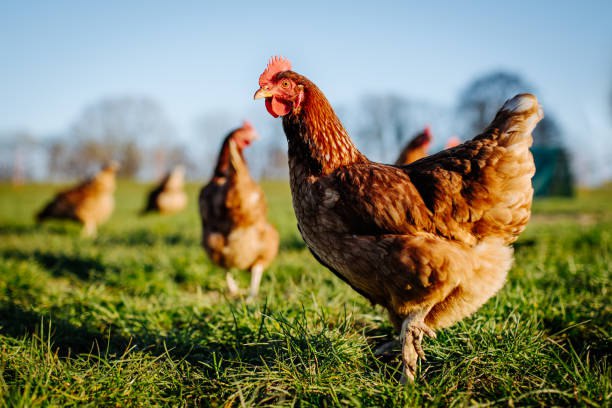Kazakhstan to Establish Healthy Seed Center to Boost Crop Yields
Kazakhstan’s Ministry of Agriculture has announced plans to establish a Healthy Seed Center aimed at reducing plant diseases and increasing crop productivity. The center will be created in 2026 at the Zhiembaev Kazakh Research Institute of Plant Protection and Quarantine and will be equipped with state-of-the-art technology and staffed by highly qualified specialists. Its primary goal is to combat pathogens that threaten crop yields and environmental safety. The new center will collaborate with seed farms across Kazakhstan, analyzing seed samples from various crops. A key objective of the project is to increase the share of domestically produced seeds to 80% by 2030. Experts emphasize that improving seed quality is crucial in preventing plant diseases, as up to 70% of crop infections are transmitted through seeds. The center is expected to boost crop yields by at least 40%. As Central Asia’s leading agricultural producer and exporter, Kazakhstan plays a key role in the regional supply of grain, wheat, and oilseeds. In 2025, the country plans to cultivate 23.8 million hectares, an increase of 518,000 hectares compared to 2024, reflecting ongoing efforts to expand agricultural production.






